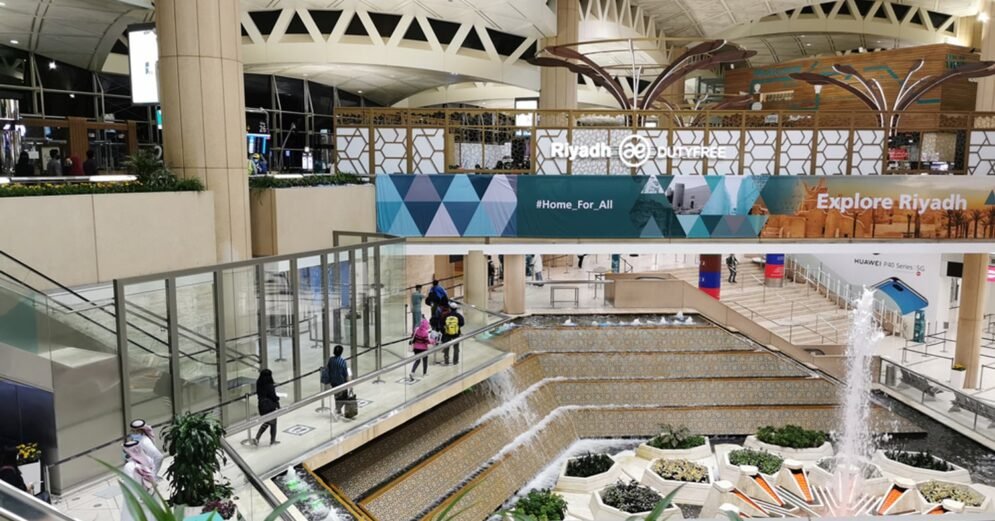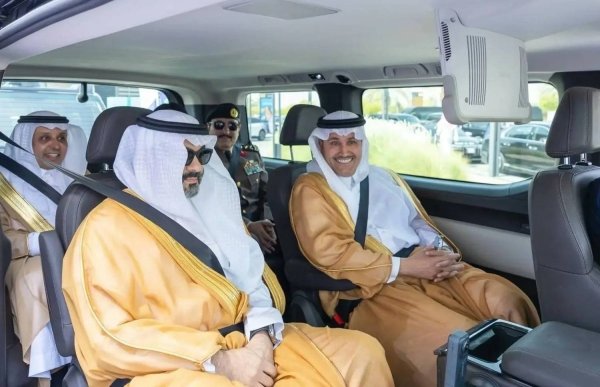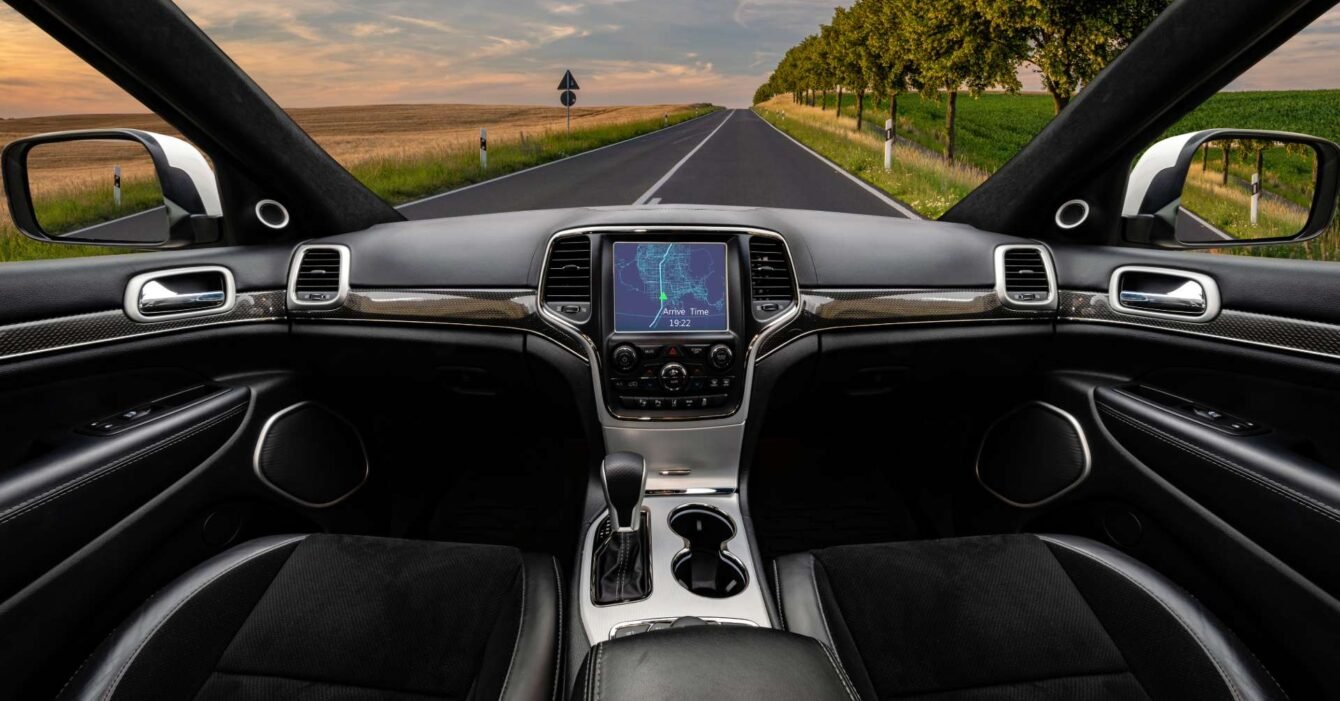Autonomous Vehicles in Saudi: Riyadh’s 12-Month Pilot Signals Smart Mobility Shift
Saudi Arabia has officially launched its first pilot program for autonomous vehicles in Riyadh, marking a pivotal moment in the Kingdom’s journey toward AI-powered urban mobility. The 12-month initiative, announced on July 23, 2025, introduces self-driving taxis across seven high-traffic zones in the capital, with 13 designated pickup and drop-off points.
13 Pickup Zones Across Riyadh Enable Real-World Testing

The autonomous vehicles in Saudi are currently operating in seven strategic locations, including:
- Terminals 2 and 5 at King Khalid International Airport
- Princess Nourah Bint Abdulrahman University
- Roshn Business Front
- North Train Station
- Transport General Authority headquarters
These areas were selected for their diverse traffic conditions and user demographics, allowing the pilot to gather robust performance data across urban and highway environments.
Safety Officers Onboard All Vehicles During Pilot Phase

Each autonomous taxi is staffed with a trained safety officer to monitor system performance and ensure passenger security. This hybrid approach allows real-time human oversight while testing AI-based navigation and decision-making systems in live conditions. The vehicles are equipped with:
- Real-time traffic sensors
- Advanced geospatial mapping
- AI-driven route optimization
The pilot aims to validate these technologies under Saudi Arabia’s regulatory and environmental conditions.
Public-Private Collaboration Drives Innovation

The project is a joint effort between government bodies and private tech firms. Key stakeholders include:
- Ministry of Transport and Logistics Services
- Saudi Data and Artificial Intelligence Authority (SDAIA)
- Ministry of Interior
- AiDriver, WeRide, and Uber
This blend of regulatory, technical, and commercial expertise reflects Saudi Arabia’s commitment to localizing innovation and building scalable smart transport solutions.
12-Month Trial to Inform Nationwide Rollout Strategy
The autonomous vehicles in Saudi will be monitored over a full year, with performance metrics and passenger feedback shaping future deployment. The pilot is designed to:
- Test legal and operational frameworks
- Evaluate system reliability and user experience
- Prepare for expansion into other Saudi cities
Officials have emphasized that this phase is foundational for broader adoption under the National Transport and Logistics Strategy.
Vision 2030: Autonomous Vehicles as a Sustainability Driver
This initiative aligns with Saudi Arabia’s Vision 2030 goals to diversify its economy and reduce emissions. By integrating autonomous vehicles into urban transport, the Kingdom aims to:
- Cut traffic congestion
- Lower carbon output
- Enhance mobility for residents and visitors
The pilot also supports Saudi Arabia’s ambition to become a global logistics hub through smarter, greener transport infrastructure.
Key Questions About Autonomous Vehicles in Saudi
What are autonomous vehicles?
They are self-driving cars powered by AI, sensors, and navigation systems that operate with minimal human input.
Where is the pilot taking place?
Across seven key zones in Riyadh, including airports, universities, and business districts.
How long will the pilot run?
For 12 months, starting July 23, 2025.
Are the cars fully driverless?
Not yet—each vehicle includes a safety officer during the trial phase.
Why is Saudi Arabia investing in autonomous vehicles?
To support Vision 2030 goals, reduce emissions, improve urban mobility, and position itself as a tech-forward logistics hub.
Also Read: Hands Off the Wheel as KSA Paves the Way for Driverless Cars



